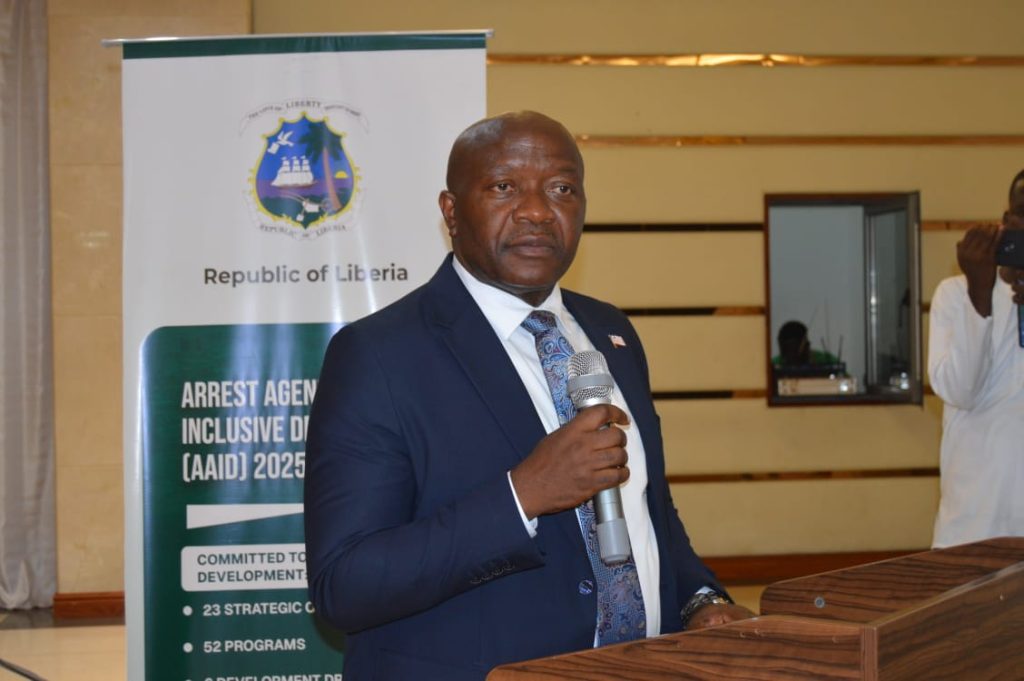The Liberian government has expressed its readiness to confront the challenges arising from the abrupt termination of USAID-funded projects within the country. Finance and Development Planning Minister, Augustine Ngafuan, conveyed a message of resilience, emphasizing Liberia’s determination to overcome this unexpected hurdle. The cessation of aid, announced by the US government, has impacted a wide range of development initiatives, casting a shadow over Liberia’s progress in key sectors. Minister Ngafuan acknowledged the gravity of the situation, recognizing both the direct and indirect repercussions of the USAID withdrawal.
The cancelled projects encompassed crucial areas of development, including a $17 million initiative focused on strengthening local accountability and decentralization. This particular project played a significant role in bolstering Liberia’s domestic resource mobilization efforts, a critical component of the government’s long-term economic strategy. The transition from a Goods and Services Tax (GST) to a Value Added Tax (VAT) by 2026, heavily reliant on USAID’s technical and financial assistance, now faces significant uncertainty. The project provided training, investment, and crucial support for the government’s electronic tax system (E-tax), all instrumental in enhancing revenue collection.
Beyond fiscal reforms, USAID’s contributions spanned various sectors, including education, health, and governance. The sudden withdrawal of funding impacts programs aimed at ensuring free and fair elections, implemented through collaborations with both international and local NGOs. The ripple effects extend beyond direct USAID recipients, impacting other international organizations that relied on USAID funding for their operations in Liberia. This has resulted in a scaling down of support, exacerbating the challenges posed by the initial aid cancellation. With USAID representing Liberia’s second largest donor after the World Bank, the impact of this decision is substantial.
The total USAID support committed to Liberia from 2021 to 2029 amounted to $422 million. Furthermore, an agreement for an additional $100 million had been reached to bolster development in education, health, agriculture, and other vital sectors. This planned support was abruptly halted by the decision of then-President Donald Trump, leaving a considerable gap in Liberia’s development funding.
In response to this significant setback, the Liberian government has accepted the US government’s decision and is actively formulating strategies to mitigate the adverse effects. The Ministry of Finance has completed an assessment of the short-term and long-term impacts of the aid cancellation, outlining potential solutions to address the resulting economic shocks. This report will be presented to President Boakai and the 55th Legislature for consideration and action. Among the proposed measures are fiscal tightening, enhanced resource mobilization efforts, and a concerted drive to reduce losses and abuses within government systems.
Furthermore, Liberia is engaging with regional partners to explore collaborative strategies to minimize the impact of the USAID withdrawal. These discussions aim to leverage regional resources and expertise to mitigate the financial and programmatic gaps created by the funding cuts. The government remains committed to pursuing sustainable development pathways, even in the face of these unforeseen challenges, demonstrating a resolve to navigate through this period of transition and ensure continued progress towards national development goals.














